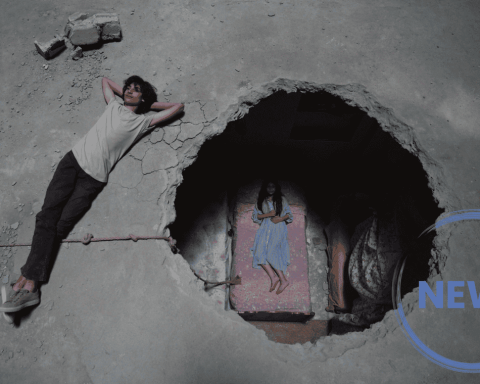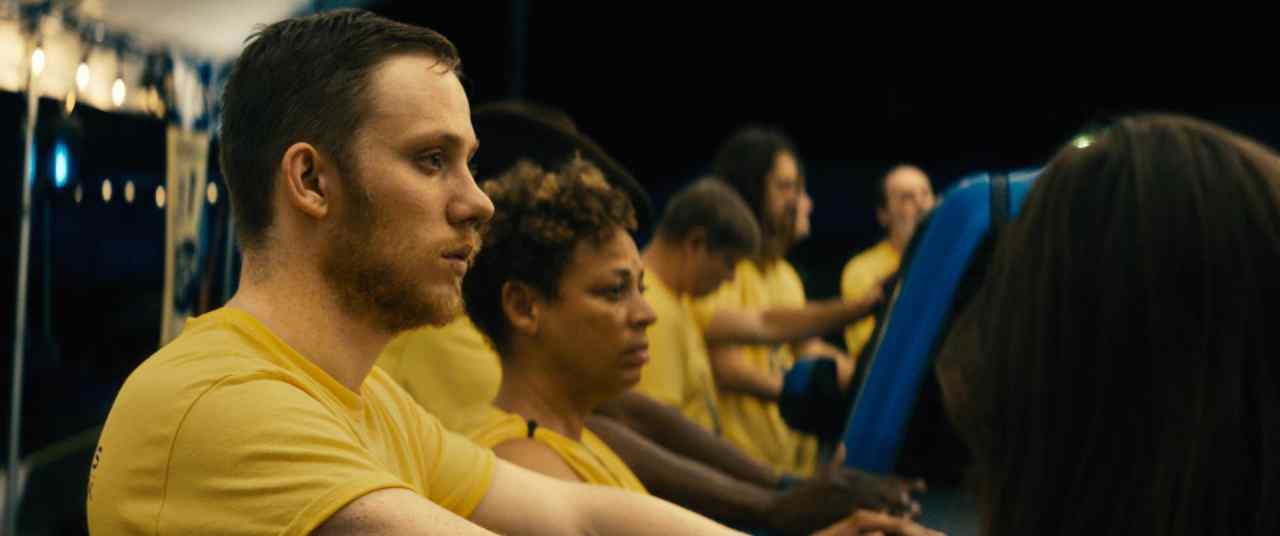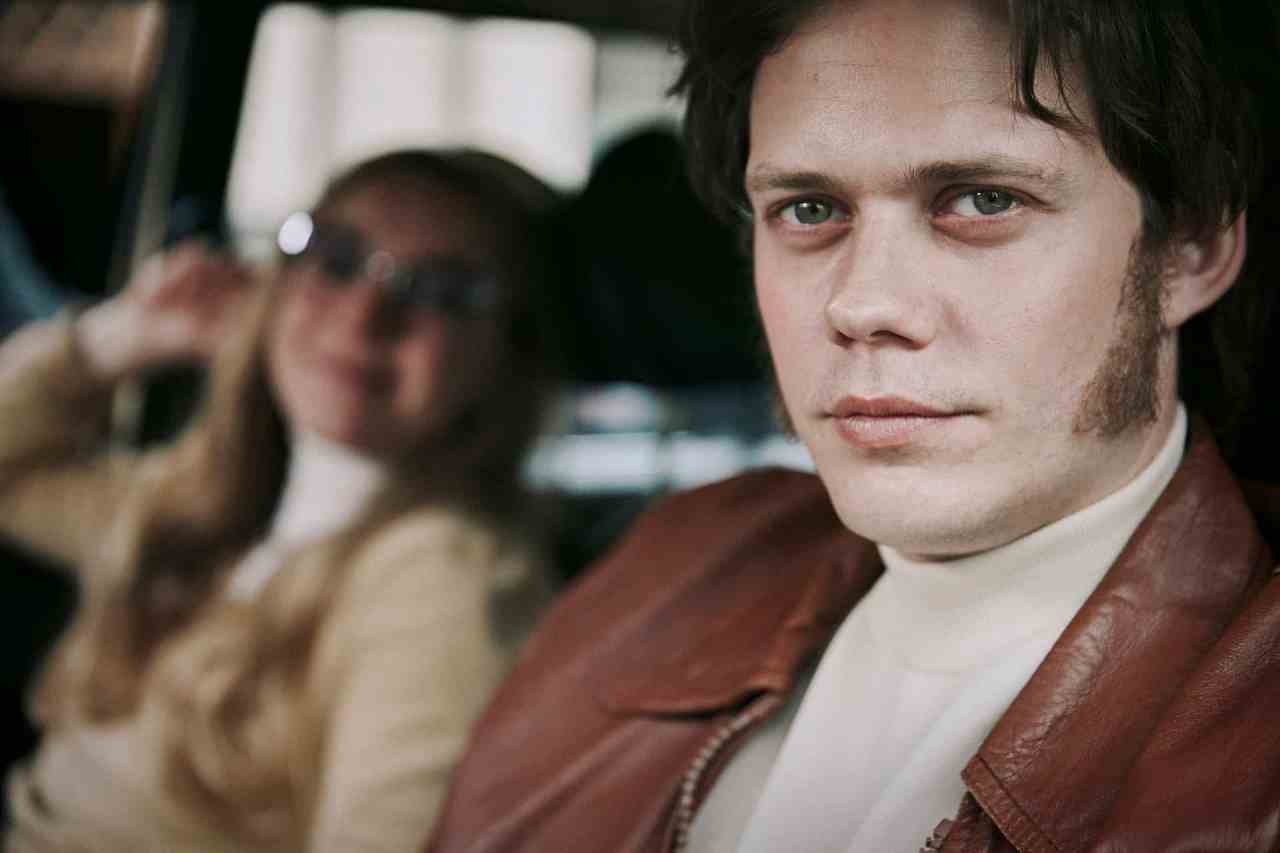Atabai arrives in selected cinemas on May 6th.
Iranian actress and director Niki Karimi’s fifth feature film, Atabai, premiered at the 38th Fajr International Film Festival in 2020. A prominent figure in contemporary Iranian cinema, Karimi’s film is character-driven, with its poetic storytelling clearly influenced by Abbas Kiarostami’s work. With a relatively thin script, the film still successfully explores repressed emotions, friendships, generational gaps and unrequited love through the protagonist’s eyes.
Taking us to one of Azerbaijan’s provinces in northwestern Iran, the film is also considered an important piece in contemporary Iranian cinema for focusing on the country’s ethnic minorities while using the Azeri and Turkish languages rather than the country’s official Persian. The plot concerns Atabai (Hadi Hejazifar), who also co-wrote the script, a middle-aged man who has become cynical, harsh, and rigid over the years due to past traumas. As a young university student, he experienced unrequited love due to his ethnicity and lower social status, which left him scarred and afraid to confront love again. Working as an architect, he returns home following a trip to Tehran to the village of his roots.
READ MORE: ONE OF THESE DAYS
Atabai learns the family orchard – where his sister, Farokhlaga, has killed herself due to forced marriage – has been sold to an out-of-town newcomer. However, in an unforeseen turn of events, he slowly falls in love with the daughter of the orchard’s new owner. However, due to his past experiences, Atabai struggles to trust others or allow himself to move on.
Even though Atabai is labelled as a romantic drama, the film’s first half solely focuses on Atabai’s relationship with his family members, including an opium-smoking father (Yousefali Daryadel) and his late sister’s son, Aydin (Danial Noroush). Atabai is often rude and inconsiderate towards them. Yet, as the story progresses, it becomes clear this is primarily due to his deep sorrows and past traumas.
His actions show that he loves his nephew unconditionally, as he is the only person who acts as a living reminder of his beloved sister’s memory. Given that Atabai’s father and nephew are the two people at the centre of his world, the film also speaks to the generational gaps – with Aydin representing hopeful youth, Atabai’s father a bitter older man and Atabai himself a burnt-out and grieving adult. The film also subtly takes a stand on the question of arranged marriages – and while never actually criticising the concept aloud – given Atabai’s tangible grief throughout the film, Niki Karimi’s take on the matter is straightforward and clear.
READ MORE: MASTER CHENG
His strained relationship contrasts this with his late sister’s husband, who decided to sell the family orchard without contacting Atabai first, and his ex-best friend, whom Atabai now blames for his sister’s suicide after having learned the two were secretly in love. These relationships and emotions are conveyed beautifully by Hadi Hejazifar, who depicts sadness, anger, sorrow and occasional hope through a single look or gesture.
The film is strongest in the scenes where Atabai has honest and sincere conversations with others, from recalling his sister’s suicide to discussing the woman he allowed himself to love. Unfortunately, Atabai seems to fall into the trap of repeating these conversational scenes to the extent that the film itself feels like a feature-length montage of Atabai sharing his trauma in various beautiful landscapes.
Atabai is, undoubtedly, character-driven rather than plot-heavy. The result is a relatively thin script and slow pace, which will not be to everyone’s taste. While most of Atabai’s relationships are interesting and widely diverse, there is also a strange scene with a much younger woman who begs Atabai to marry her – yet no past connection between the two is ever explored. This leaves the viewer puzzled as to why this plot point needed to be included in the first place.
READ MORE: DOGGY LOVE
However, alongside the acting, Atabai excels in two technical aspects—cinematography and music. Atabai has a strong lyrical tone, primarily due to its slow pace and the characters’ inner turmoils—yet it would not be half as apparent if it weren’t for Saman Lotfian’s beautiful imagery. The gorgeous Iranian landscape is a binding force that adds extra depth to the character’s emotional state. Meanwhile, Hossein Alizadeh’s music similarly elevates the emotions on screen unobtrusively.
Atabai is an honest and sincere film about sorrow, past traumas and the challenge of dealing with these emotions alone. The film’s technical aspects are outstanding, yet unfortunately, the result falls flat on its central plot point as Atabai’s love for another woman is never truly explored in great detail compared to his relationships with family members. This leaves us wondering why the romantic element even needed to be added. Instead of putting an unnecessary romantic drama label on the film, we could have a professionally crafted story about a troubled man’s inner journey.
-
Atabai
Summary
Atabai is an honest and sincere film about sorrow, past traumas and the challenge of dealing with these emotions alone.












